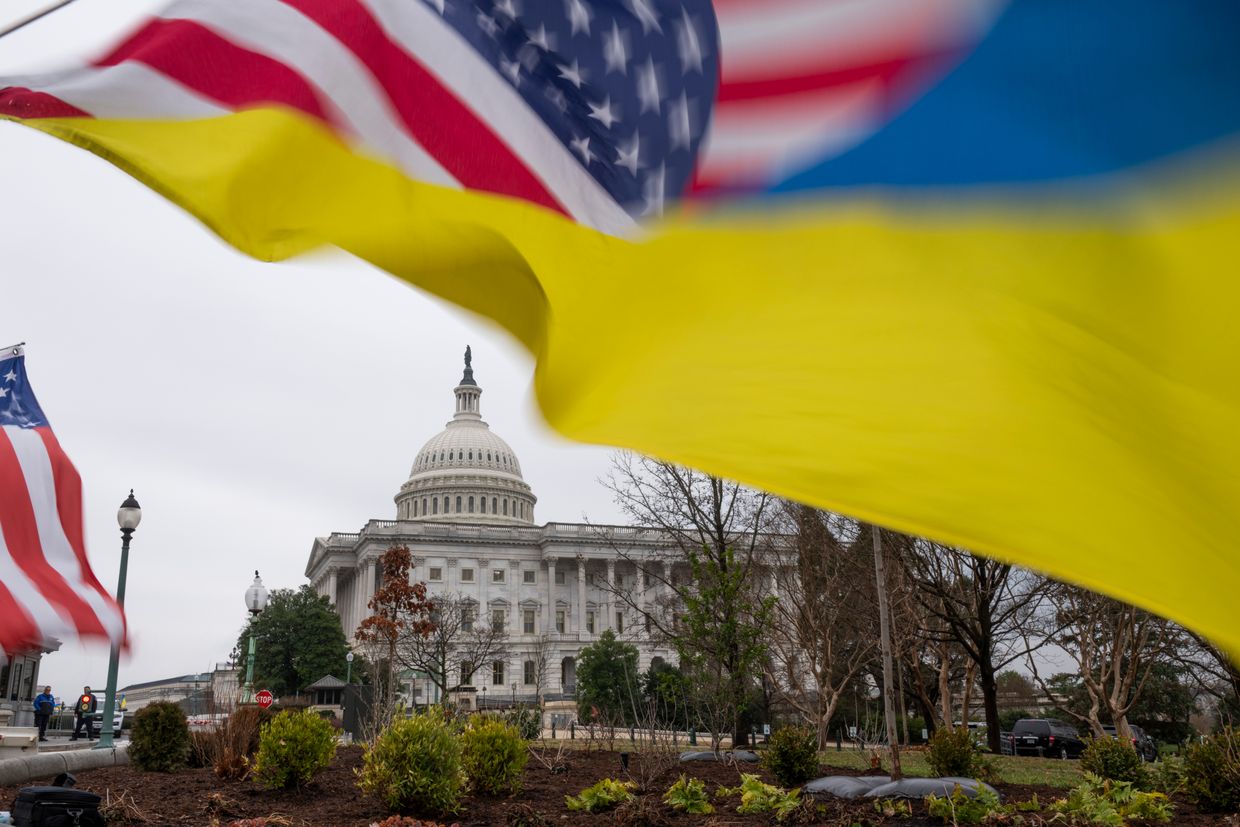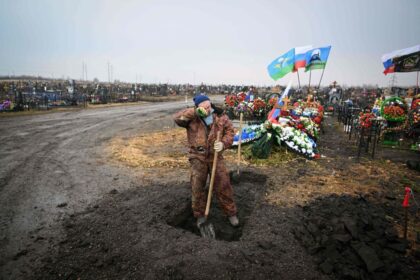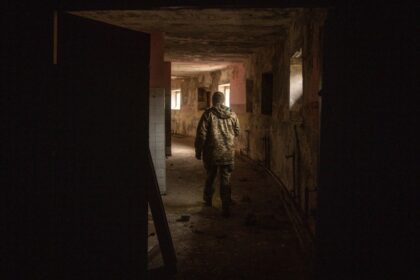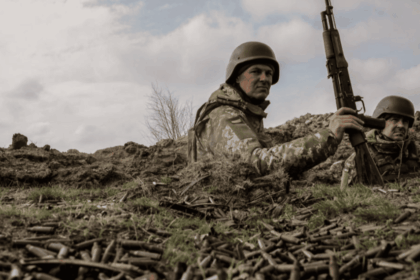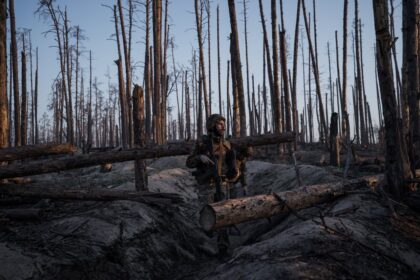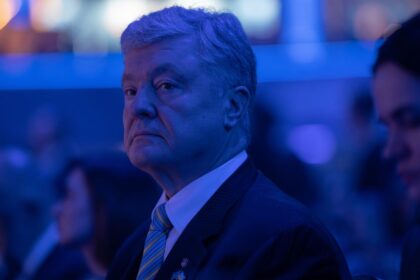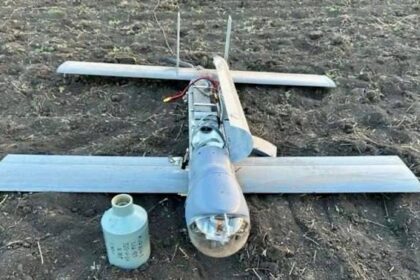**US Senate Delays Russia Sanctions Bill Amid Global Crisis and Trump’s Tax Agenda**
The United States Senate has pushed back the consideration of a bipartisan bill aimed at imposing secondary sanctions on Russian trading partners until at least July. The delay comes as other pressing legislative and foreign policy matters, including the escalating conflict between Iran and Israel, have taken priority.
The bill, proposed by Senators Lindsey Graham (R-S.C.) and Richard Blumenthal (D-Conn.), aims to strengthen US leverage in negotiations with Russia by authorizing sanctions on countries that continue to purchase Russian energy or conduct major trade with Moscow. The legislation also includes provisions to shield Ukraine’s allies from penalties and make technical adjustments.
However, momentum for the bill has stalled as Republicans have shifted their focus towards President Donald Trump’s sweeping tax and spending plan, which enjoys broader support among GOP lawmakers. Senator John Thune (R-S.D.), the Senate Majority Leader, acknowledged that a July timeframe was now more realistic for the sanctions bill.
“We’re very open to moving, we’re trying to work with the administration from a timing standpoint,” Thune said in a statement.
Graham added that the Senate would have to wait until global developments shifted back towards Russia and Ukraine. “Things are changing now with Iran… that doesn’t mean I’ve forgotten about Russia or Ukraine. Not at all. Iran is center stage, but sooner rather than later,” he said.
**Trump’s Approval Remains a Hurdle**
Despite broader Republican backing for sanctions, the bill remains stalled due to Trump’s lack of support. While some lawmakers have expressed willingness to move forward with the legislation, others are hesitant without the president’s approval.
“It all comes down to Trump’s stamp of approval,” said Senator Tommy Tuberville (R-Ala.). “All the focus is on Israel and Iran right now.”
**Global Crisis Takes Priority**
The escalating conflict between Iran and Israel has become a pressing concern for lawmakers, with some arguing that attention should be focused on this regional crisis rather than Russia.
“Right now, it’s all about what’s happening in the Middle East,” said Senator John Hoeven (R-N.D.). “We need to address the immediate threats first.”
The Russian-Ukrainian conflict has resulted in a mass missile and drone attack on Kyiv overnight, with at least 28 people killed and 134 injured. The international community continues to show support for Ukraine, with NATO Secretary General Mark Rutte praising the country’s resilience.
**Russia’s Response**
In response to the sanctions bill, Russia’s hardline nationalist elite has reportedly argued that only a formal war declaration would permit true escalation – full-scale mobilization, regular missile strikes, and potentially the use of tactical nuclear weapons.




